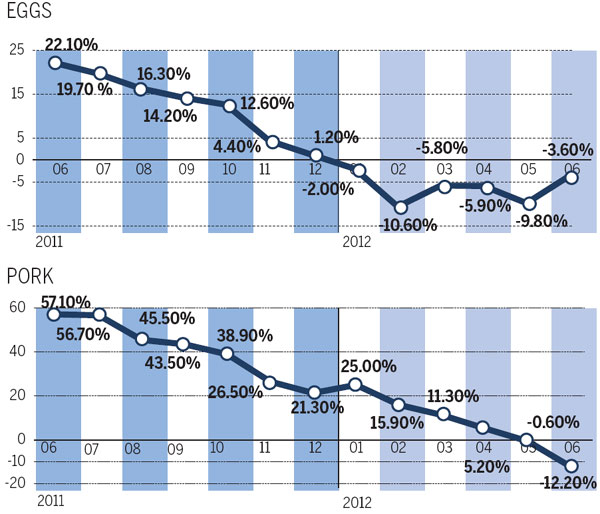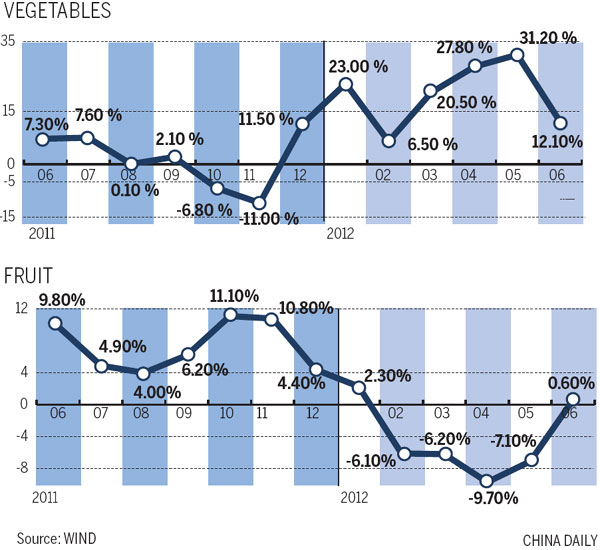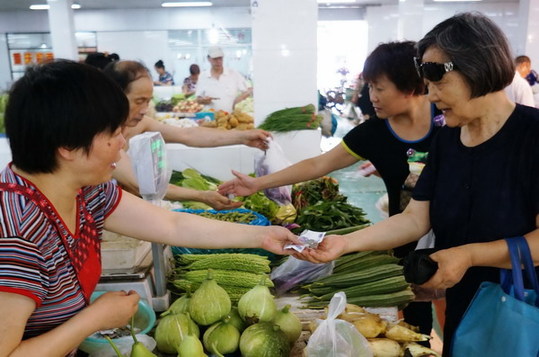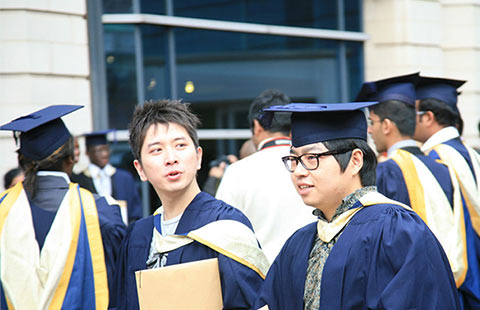Increasing costs breed penny pinchers
By Wu Yiyao in Shanghai (China Daily) Updated: 2012-07-10 09:30


The country's inflation rate shrank over the past four months, and in Shanghai, one of China's most expensive cities, people are holding onto frugal fiscal habits.
When Shanghai computer programmer Chen Lin moved into a smaller apartment for cheaper rent, she ripped up 700 pieces of movable floor boards to take with her.
"It's backbreaking work," the 32-year-old said, but the hard labor saved her thousands of yuan.
"It's worth it, I think," she said.
Lu Dong, 32, agreed. When he moved to a new apartment, he took everything not bolted down from his old one.
"It took me a while to reinstall the shower head but it's worth the effort for me. A penny saved is a penny earned," Lu said.
The frugal Shanghai residents are feeling the pinch of the rising cost of living. Housing prices rose 1.6 percent year-on-year in June, with rentals climbing by 2.9 percent. Electricity and power costs grew by 1 percent, and construction materials rose 0.7 percent, the National Bureau of Statistics said on Monday.
But not all penny pinchers are living in expensive Shanghai. Wang Yuchen, a 29-year-old advertising executive in Wuhan, Central China's Hubei province, took a crash course in cooking earlier this year, not to make money, but to save. Disgusted by restaurant owners who kept raising prices, Wang decided it was time to learn her way around a kitchen.
Only then did she discover restaurant owners were not ripping off their customers, but are victims of rising food prices.
Statistics released by the National Bureau of Statistics on Monday showed food prices, which account for nearly one-third of the basket of goods used in the calculation of the consumer price index, or CPI, increased 3.8 percent year-on-year in June, but there was some relief as the month saw a month-on-month CPI decrease of 1.6 percent.
Despite easing pressure on food prices, restaurants are still feeling the pinch as rising rents increase overhead costs, which they pass on to customers such as Wang.
"My monthly salary is about 6,000 yuan ($940). It's a small sum but I cannot save a cent at the end of the month," Wang said.
Wang said dining out is increasingly eating up her income. On Saturday night, she paid about 120 yuan for an appetizer, a main dish of fish, a soup and an ice cream.
The cost of lunch is also rising.
"In three months, the price of my favorite meat dish in a Hong Kong-style restaurant jumped from 25 yuan to 49 yuan. It's simply insane," Wang said.
In June Wang spent 2,600 yuan on dining out, prompting a reassessment of her eating habits.
Wang invested in kitchen appliances and cookbooks, and after a week of eating at home, said she had lowered her expenditures on food.
"It cost me only 300 yuan for the first week, and I have been eating four-course dinners and packing a three-course lunch," Wang said.
"A little saving is still savings."
In Hangzhou, East China's Zhejiang province, pensioners are learning to shop online to hunt out bargains.
"It's much cheaper to buy textiles such as bed sheets and cotton socks from online shops than in department stores," said Liu Wenjuan, a 62-year-old resident from Xiacheng district.
Liu bought a set of bed sheets for 300 yuan online. She said the same product costs more than 800 yuan in a department store.
"Learning how to use a computer and buy online is not easy for people my age," Liu said. "But it does save money and I am willing to learn."
Jiang Wenqing contributed to this story.
wuyiyao@chinadaily.com.cn
|
 |
|
Residents buy vegetables at a market in Hangzhou, Zhejiang province, on July 9. Vegetable prices rose 12.1 percent year-on-year in June, according to the National Bureau of Statistics. |
- Tax reduction on R&D to further expand
- Ericsson's strong Q3 results set pace for 5G
- China crude oil stockpile up 2.38%
- Yuan's internationalization a priority for China: Bloomberg
- Chinese company purchases Russian smartphone maker Yota Devices
- Belt and Road Initiative opens opportunities for Chinese gold miners
- Economist advises more balanced yuan policy
- Economic growth slows, but with better quality














